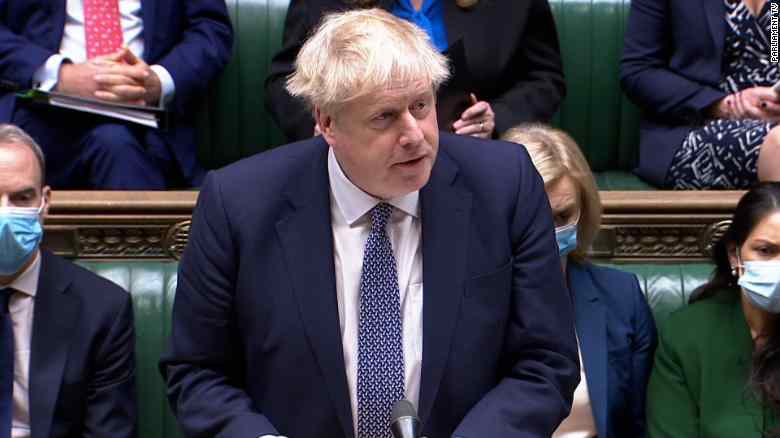×
The Standard e-Paper
Home To Bold Columnists

Britain was the first country to limit international travel over the Omicron variant, raising alarm bells about its mutations. [Reuters]
British Prime Minister Boris Johnson has announced the end of Covid-19 measures in England.